Last updated on April 9th, 2022
Type 2 diabetes also referred to as adult-onset diabetes, is commonly found in children. This type of diabetes occurs when a person’s body either resists insulin or fails to produce a sufficient amount of it. It disturbs the sugar levels in the blood. No cure exists for this. But it is seen that a lot of individuals are capable of managing their sugar levels using diet and exercise. If not, a healthcare provider recommends drugs that are useful in managing blood glucose levels. Few of such drugs include sulfonylureas, insulin therapy, meglitinides, and metformin. Read this blog to know about best vitamins and supplements for people with diabetes.
A healthy diet, regular exercise, as well as maintaining a healthy weight constitute the most significant part of diabetes management. On the other hand, when these levels are not adequate to maintain the glucose levels, a healthcare provider helps to decide which medicines would work best for the person. In combination with these treatments, diabetic people have tried several herbs and supplements to improve their sugar levels. These substitute treatments are found to aid better glucose control, lower down insulin resistance, as well as avoid diabetes-associated complications. Few supplements have been found to exert promising results as per studies as well.
Vitamins and Supplements for Diabetes Management
The food we eat offers many vital vitamins and minerals. On the other hand, individuals are increasingly going after alternative medications and supplements. As a matter of fact, as per the ADA, diabetics are more expected to utilize supplements as compared to people without the ailment. Supplements must not be utilized to replace the typical diabetes treatment. If this is done, a person’s health can be at risk. It is a must to discuss with a doctor prior to using any supplements. Few of such products are seen to hinder other treatments or medicines. Just because a product is natural does not signify that it would be safe for usage too.
Numerous supplements have been found to give promising outcomes as diabetes treatments. These can be:
Cinnamon
Cinnamon is being used as a part of Chinese medicine for its reliable medicinal uses for years. It has been used for its potential effect on blood sugar levels. Research studies have shown that cinnamon when used in whole form or extract helps in reducing the fasting blood sugar levels.
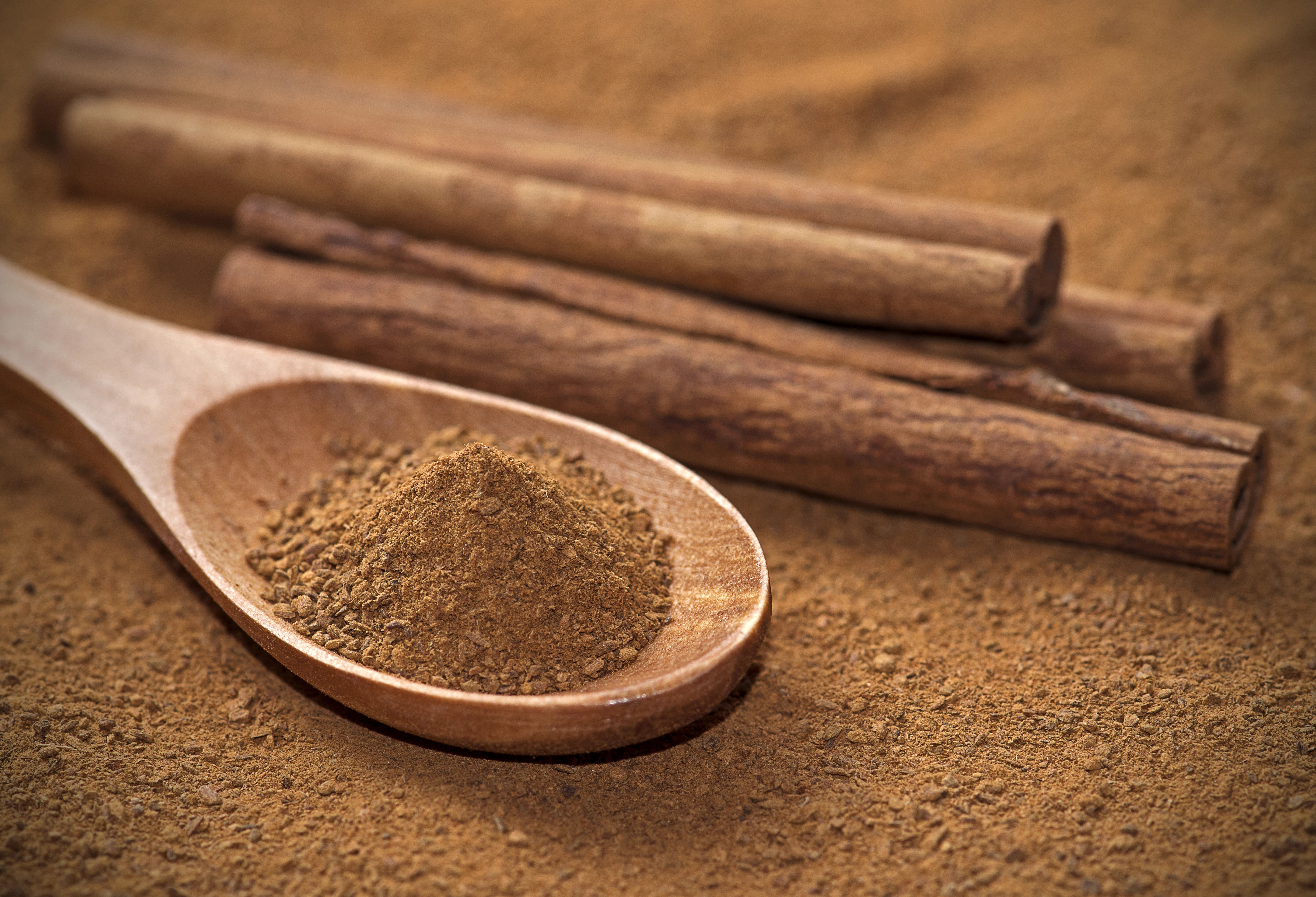
Cinnamon supplements are prepared from whole cinnamon powder or an extract. When individuals experiencing prediabetes (implying a fasting blood glucose of 100 to 125 mg/dl) consumed 250 mg of cinnamon extract prior to breakfast and dinner regularly for 3 months, it was found that there was an 8.4% reduction in their fasting glucose levels in comparison to people who consumed a placebo. Cinnamon helps a person’s body’s cells to react to insulin in a better way, allowing sugar entry into the cells, and thus reducing the blood sugar.
Chromium
Chromium is a vital trace element utilized in the metabolism of carbs. On the other hand, research on the utility of chromium for the management of glucose levels is mixed. Low doses of chromium are safe in most diabetics, however, there is a risk that chromium could decrease the glucose level too much. Also, high doses of chromium increase the risk of kidney damage.
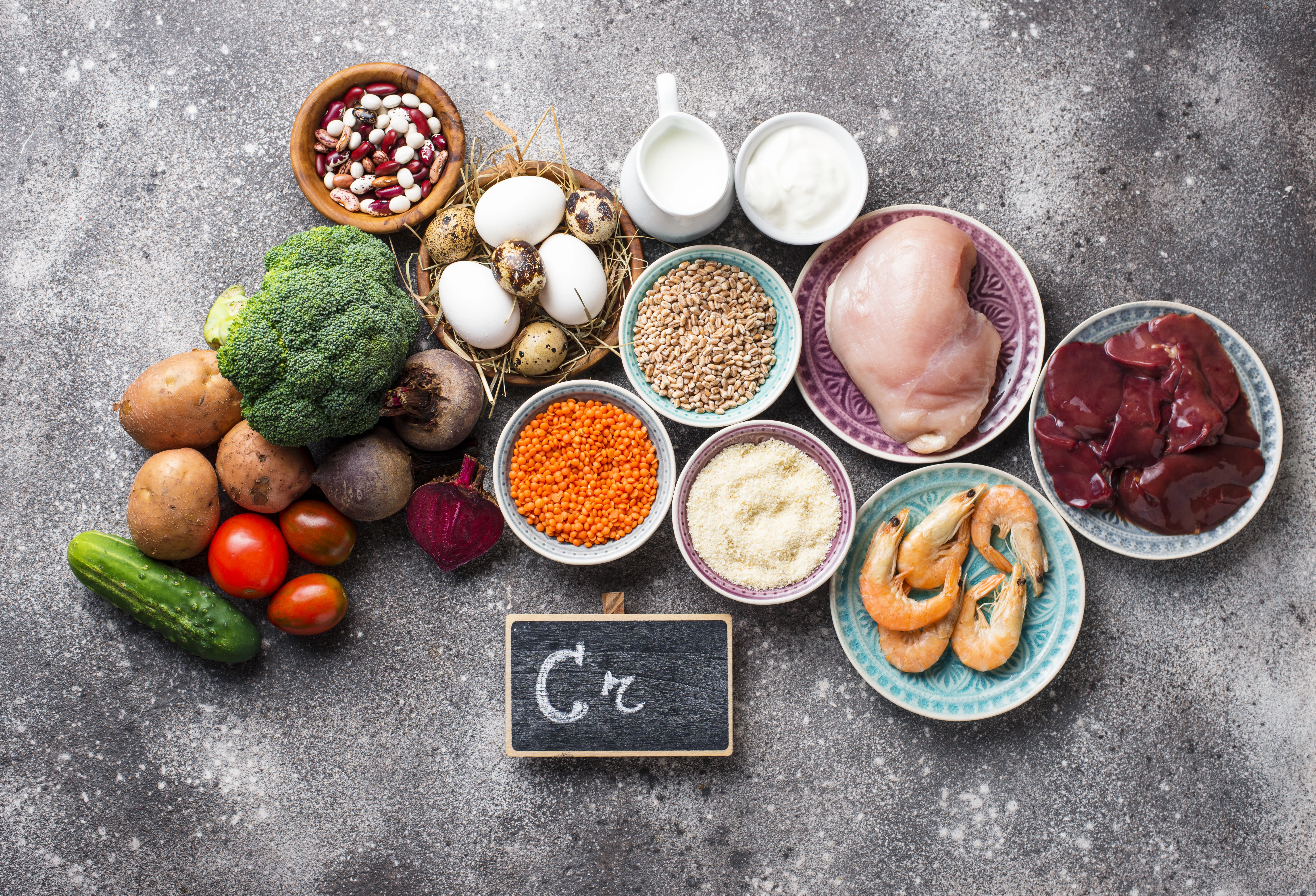
A lack of chromium lowers a person’s body’s ability to make use of carbs, converted into glucose, for energy and elevates insulin requirements. Many studies have found that chromium supplements decreased A1C by roughly 0.6% in individuals suffering from type 2 diabetes, in addition, the average reduction in fasting blood glucose was found to be roughly 21 mg/dl, in comparison to a placebo.
It is also suggested that chromium might aid in lowering the glucose levels in individuals with type 1 diabetes. Chromium works by increasing the effects of insulin or promoting the action of pancreatic cells that are responsible for insulin production.
Also Read: Sugar Range
Vitamin B1
Vitamin B1 is also called thiamine. Many diabetic people lack this vitamin. This might add to some diabetes complications. A low level of thiamine has been associated with cardiovascular problems as well as blood vessel damage. Vitamin B1 is a water-soluble vitamin. It has trouble while getting into the cells where it is required. On the other hand, benfotiamine, a supplemental type of thiamine, is lipid-soluble. It gets penetrated easily into the cell membranes. Few studies propose that benfotiamine helps in preventing diabetic complications.

Alpha-Lipoic Acid
Alpha-lipoic acid (ALA) is an effective antioxidant. It is helpful in:
- Lowering down the oxidative stress
- Reducing the fasting blood glucose levels
- Reducing insulin resistance
More research is required on this. Moreover, ALA requires to be consumed with caution, as it has the potential to reduce glucose levels to risky levels. Alpha-lipoic acid gets formed in a person’s liver and exists in a few food items like spinach, broccoli, and red meat. When individuals suffering from type 2 diabetes consumed ALA in the dose of 300, 600, 900, or 1,200 mg in combination with their normal diabetes treatment for 6 months, it was noticed that their fasting blood glucose and A1C reduced more as the dose enhanced. ALA helps in improving insulin sensitivity and a person’s body cells uptake of glucose from his or her blood, although it might take some months to experience these effects. In addition, it is seen to guard against oxidative damage resulting due to high blood sugar.
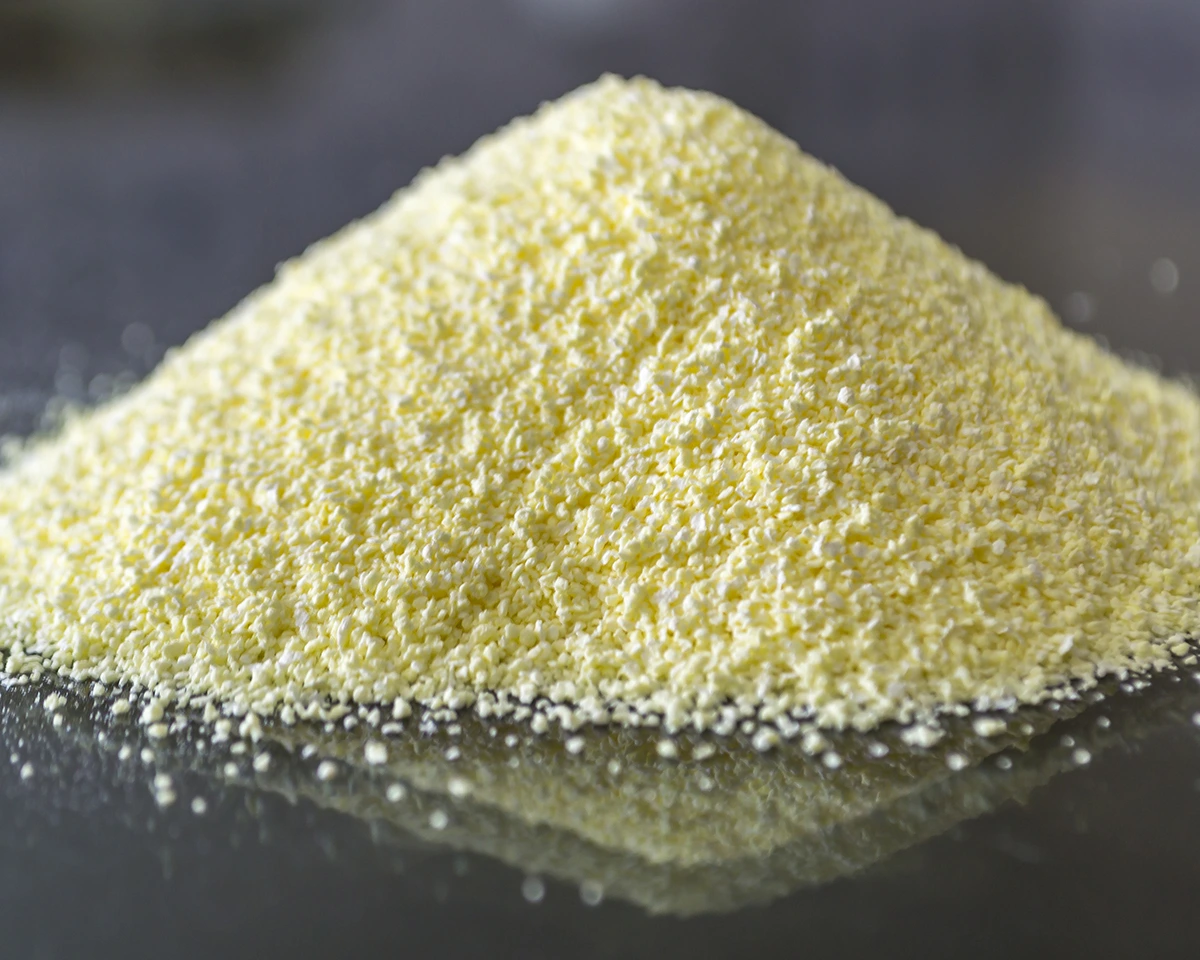
Bitter Melon
Bitter melon can also be utilized to treat diabetes-linked conditions in countries such as Asia, South America, and others. Lots of data is present on its efficacy as a diabetes treatment in various studies.
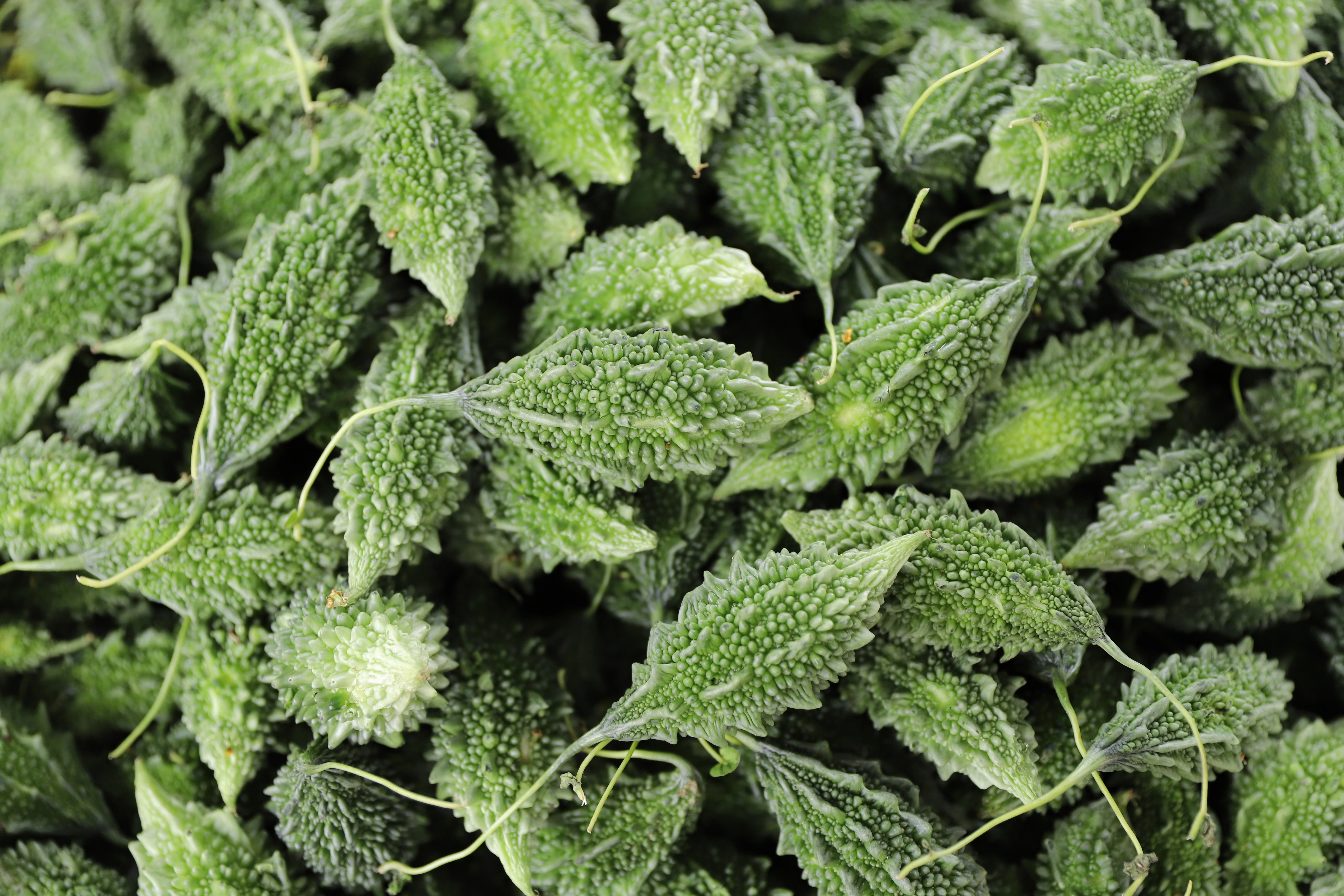
Green Tea
Green tea comprises polyphenols, which are potent antioxidants. The major antioxidant present in green tea is epigallocatechin gallate (EGCG). Studies have proposed that EGCG might have several health benefits such as:
- Reduces the risk of heart problems
- Prevents type 2 diabetes
- Improves sugar control
- Improves the insulin activity
Studies on diabetic people have not shown health benefits. On the other hand, green tea is usually considered safe.
Resveratrol
Resveratrol is a chemical present in grapes and wine. In studies, it aids in preventing high blood glucose and has also shown that it is useful in decreasing oxidative stress.
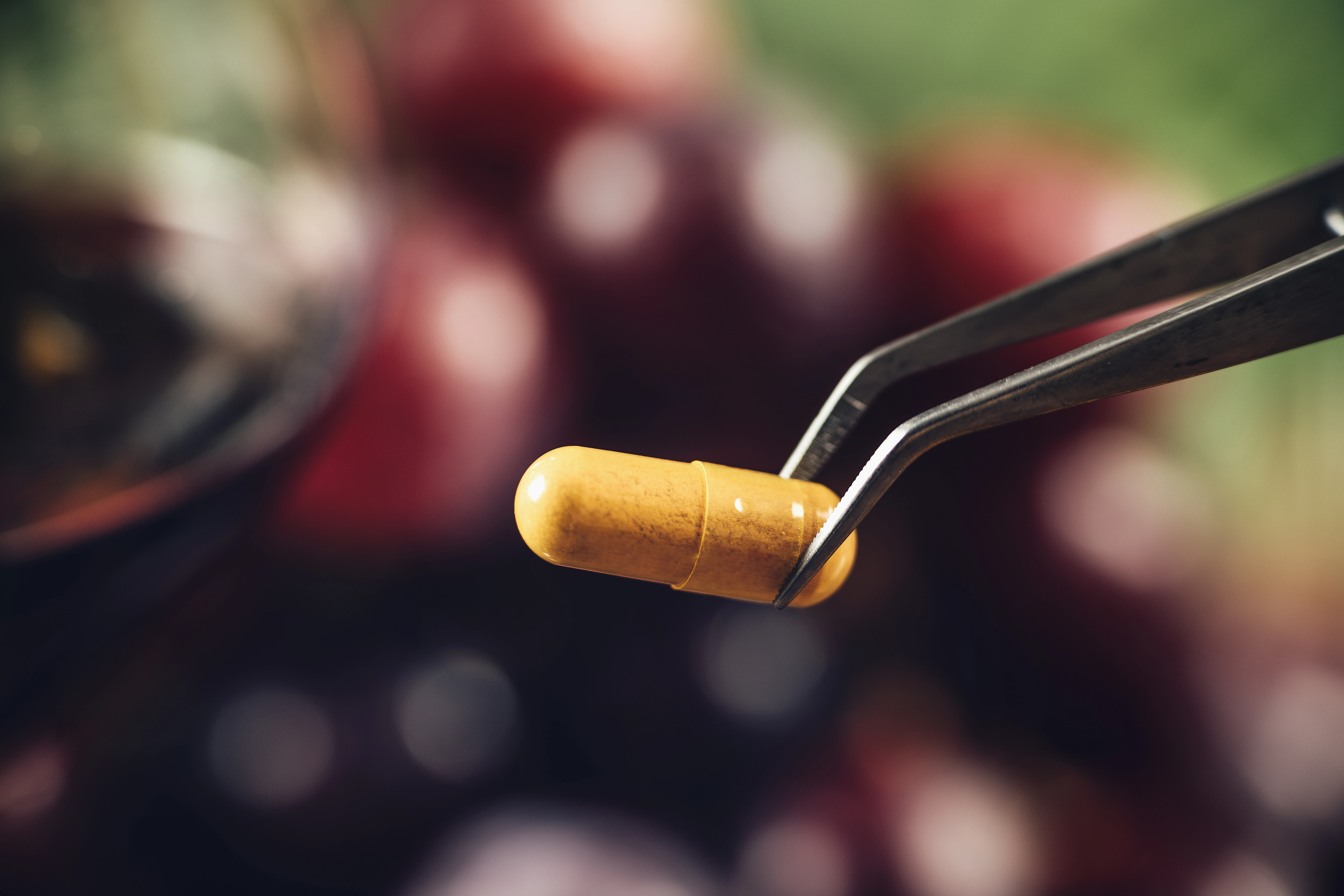
Aloe vera
Aloe vera might also aid people trying to reduce their blood glucose. Supplements or juice prepared from the aloe leaves is found to reduce fasting blood glucose as well as A1C in people with prediabetes or type 2 diabetes. In studies, it was seen that people with type 2 diabetes, supplementing with aloe for 4–14 weeks reduced their fasting blood glucose by 46.6 mg/dl and A1C by 1.05%. People with fasting glucose more than 200 mg/dl prior to consuming aloe experienced even stronger benefits. Aloe has been found to stimulate insulin production in pancreatic cells.
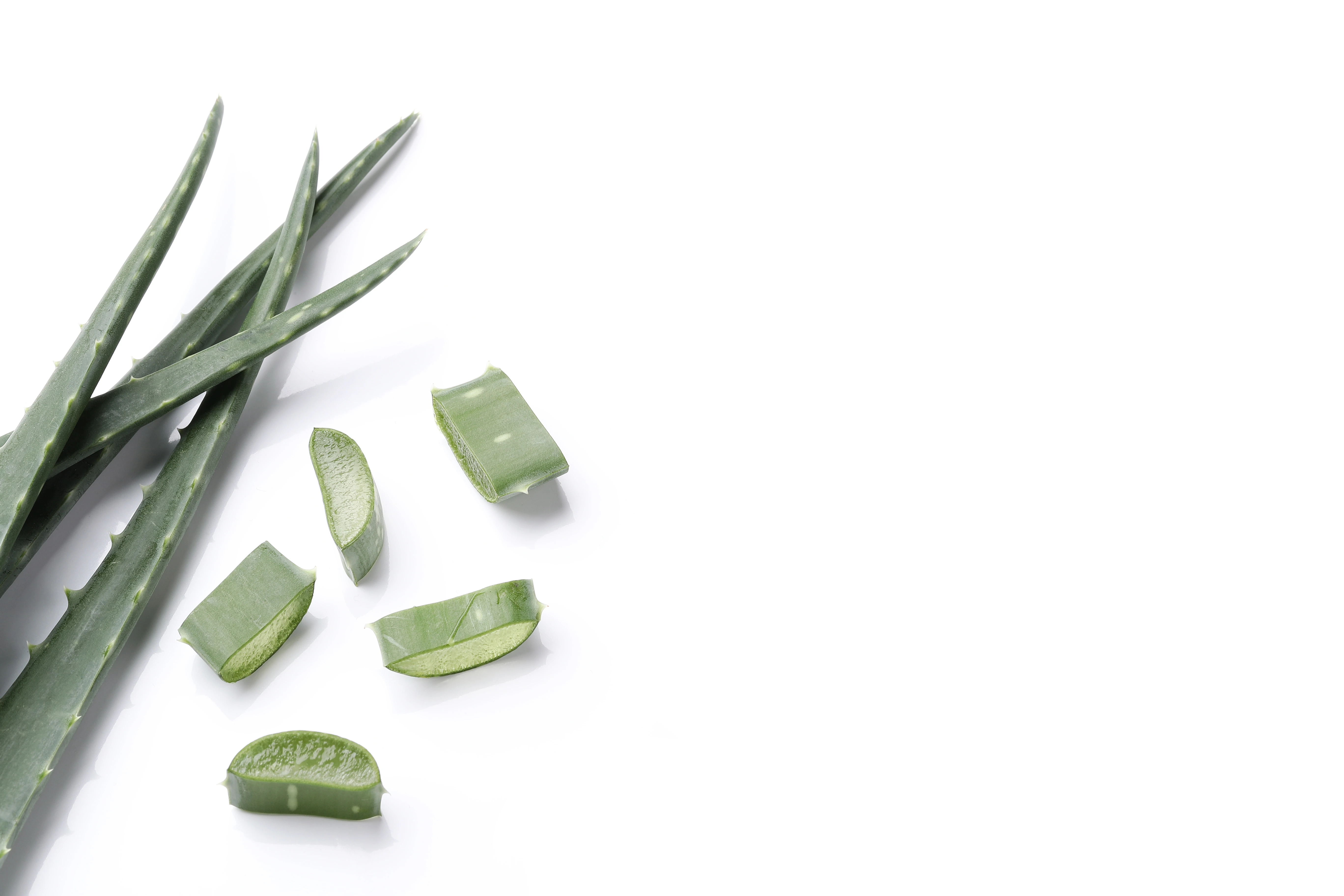
Magnesium
Magnesium is a vital nutrient that aids in the control of blood pressure also controls insulin sensitivity. Supplemental magnesium is thought to improve insulin sensitivity in diabetics. A diet with high magnesium might decrease the risk of diabetes. Researchers have found an association between greater magnesium consumption, decreased rates of insulin resistance, as well as diabetes. Low levels of magnesium in the blood have been noticed in 25 to 38% of individuals having type 2 diabetes and more commonly occur in people who don’t have proper control of their blood sugar levels.
Studies indicated that giving magnesium supplements for six to twenty-four weeks to healthy people or people having type 2 diabetes or prediabetes assisted in reducing their fasting blood sugar levels, in comparison to a placebo. Also, each 50-mg increase in magnesium consumption produced a 3% reduction in their fasting blood glucose in people who entered the studies with low blood magnesium levels. Magnesium is involved in secreting insulin and its action on the body’s tissues.
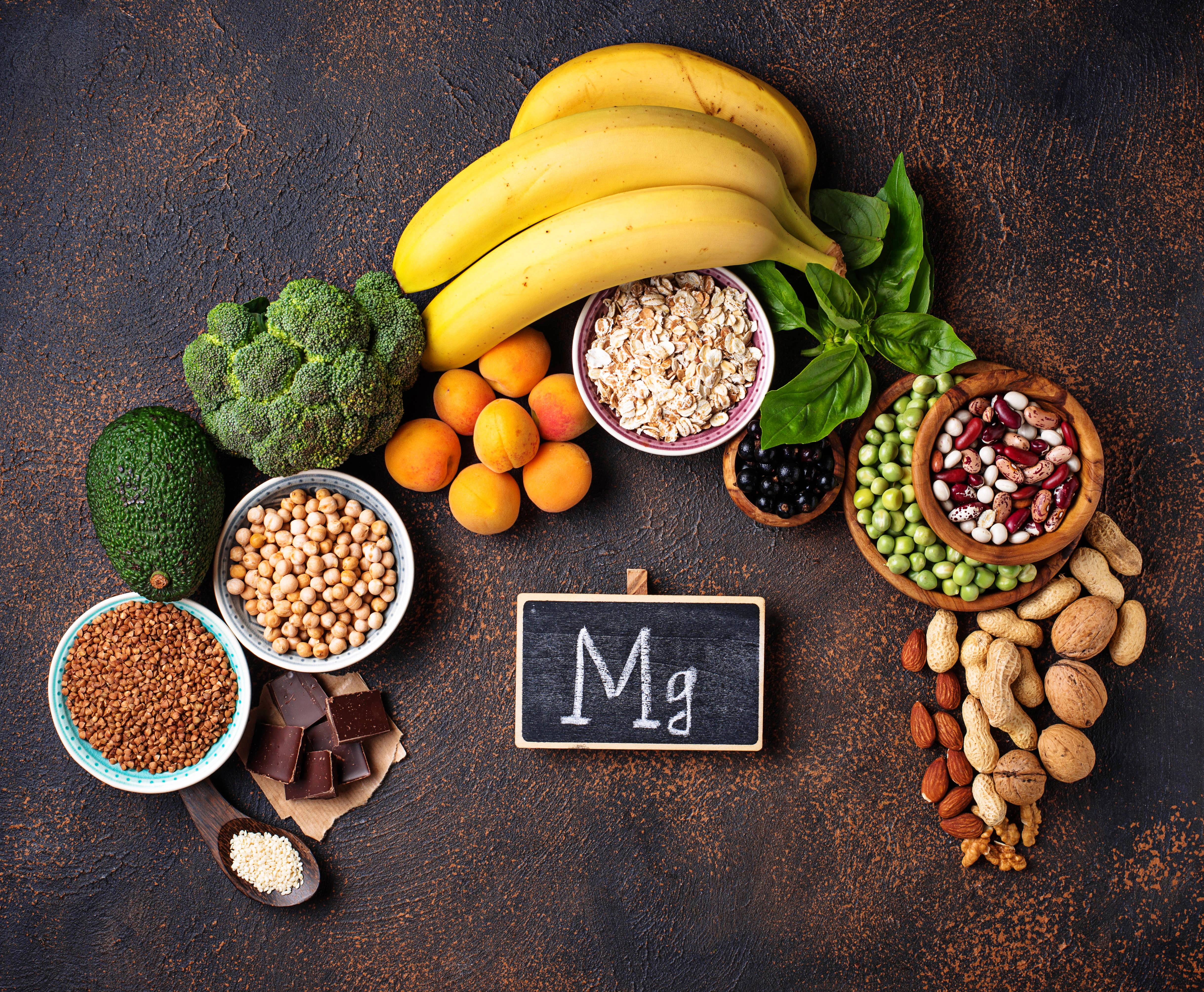
American Ginseng
American ginseng, a variety cultivated basically in North America, has been found to reduce post-meal blood glucose levels by around 20% in healthy people as well as people with type 2 diabetes. Moreover, when individuals experiencing type 2 diabetes consumed 1 gram of American ginseng 40 minutes prior to breakfast, lunch, and dinner for 2 months while continuing their regular treatment, their fasting blood glucose was reduced by 10% in comparison to those on a placebo. American ginseng is found to improve the body cells’ response to as well as enhance the body’s secretion of insulin.
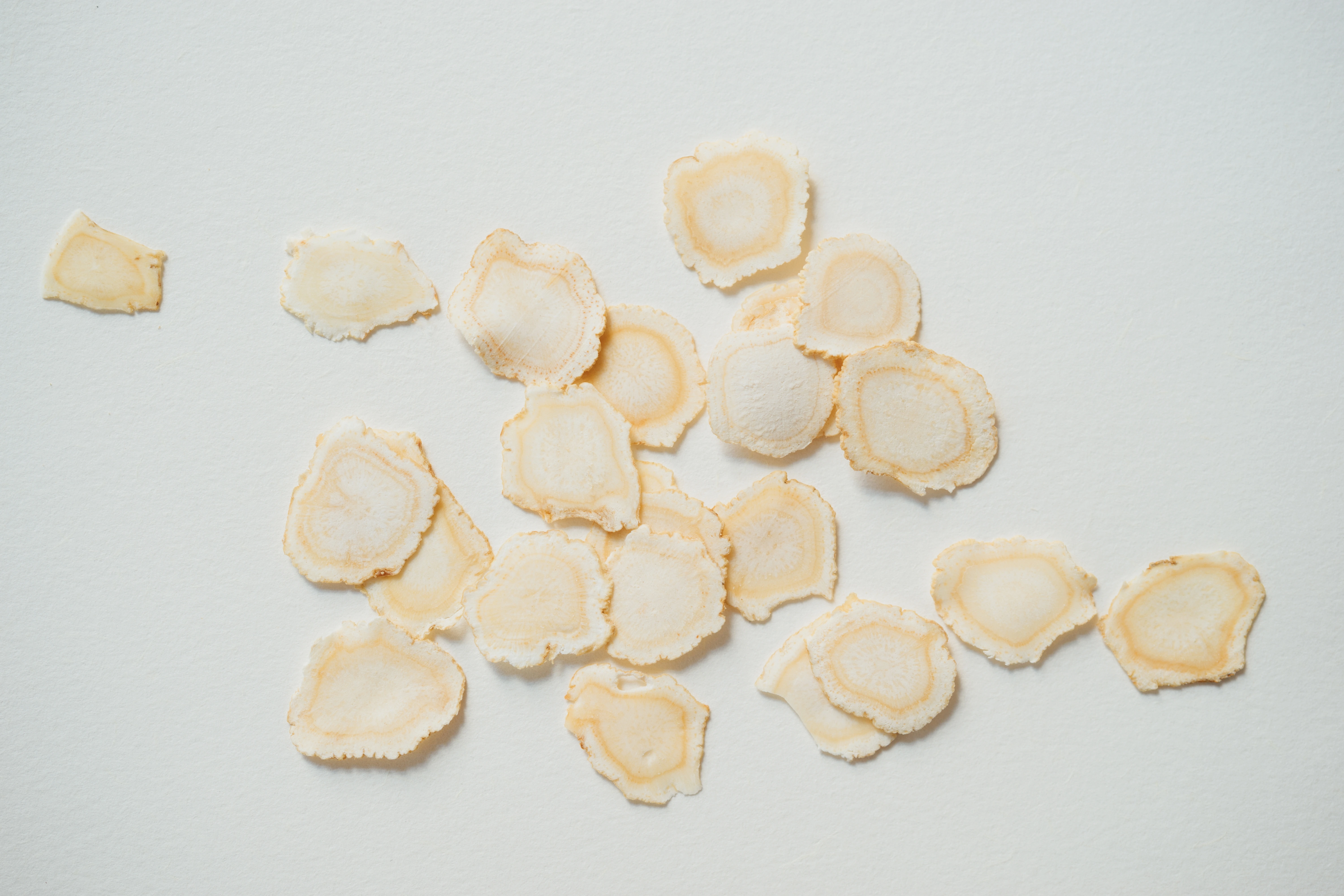
Berberine
Berberine isn’t a particular herb, somewhat a bitter-tasting compound derived from the roots and stems of various plants, like goldenseal and phellodendron. Studies were done in people with type 2 diabetes and it was observed that consumption of berberine together with diet and lifestyle changes decreased the fasting blood sugar by 15.5 mg/dl as well as A1C by 0.71% in comparison to people who were on diet and lifestyle changes alone or a placebo. Also, it was observed that berberine supplements consumed together with anti-diabetes drugs assisted in reducing blood glucose more than drugs alone. Berberine has been found to improve insulin sensitivity and increase the glucose uptake from a person’s blood into the muscles, which aids in reducing blood sugar.

Probiotics
Damage to the gut bacteria like from consumption of antibiotics is linked with an enhanced risk of numerous ailments like diabetes. Probiotic supplements consisting of beneficial bacteria or other microbes deliver several health benefits and improve a person’s body’s handling of carbs. Studies were done on people with type 2 diabetes who consumed probiotics for at least 2 months, and it was seen that there was a 16-mg/dl reduction in fasting blood glucose as well as a 0.53% reduction in A1C in comparison to those on a placebo. People who consumed probiotics consisting of above one species of bacteria had an even higher reduction in fasting blood sugar of 35 mg/dl. The research proposes that probiotics might reduce blood sugar by lowering down inflammation as well as preventing the damage of pancreatic cells that produce insulin.
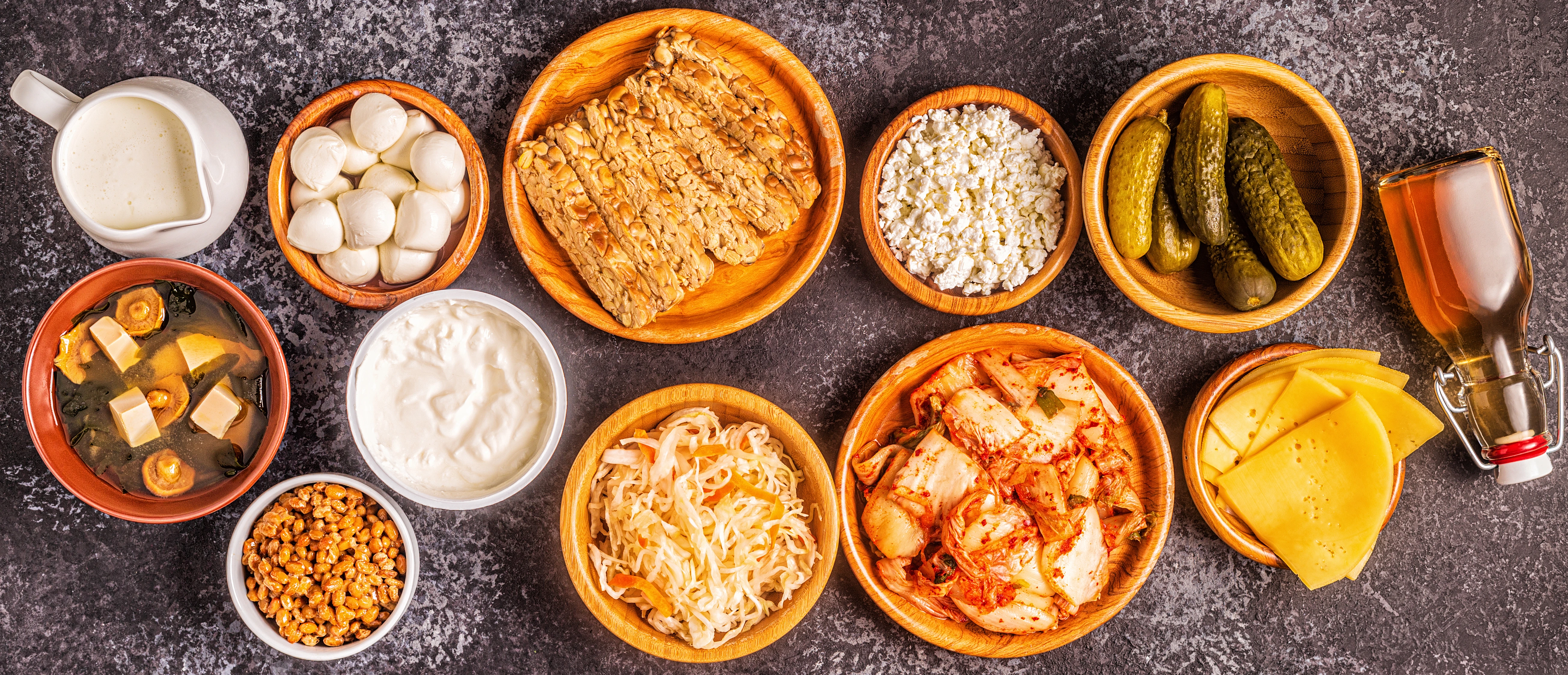
Vitamin D
Vitamin D shortage is thought to be a potential risk factor for type 2 diabetes. In a study, 72% of people with type 2 diabetes were found to lack vitamin D at the commencement of the study. After 2 months of taking a 4,500-IU supplement of vitamin D on a daily basis, both fasting blood glucose as well as A1C improved. 48% of people had an A1C that depicted an effective blood glucose control, than only 32% prior to the study. Vitamin D has been seen to improve the function of pancreatic cells that produce insulin and enhance a person’s body’s reaction to insulin.
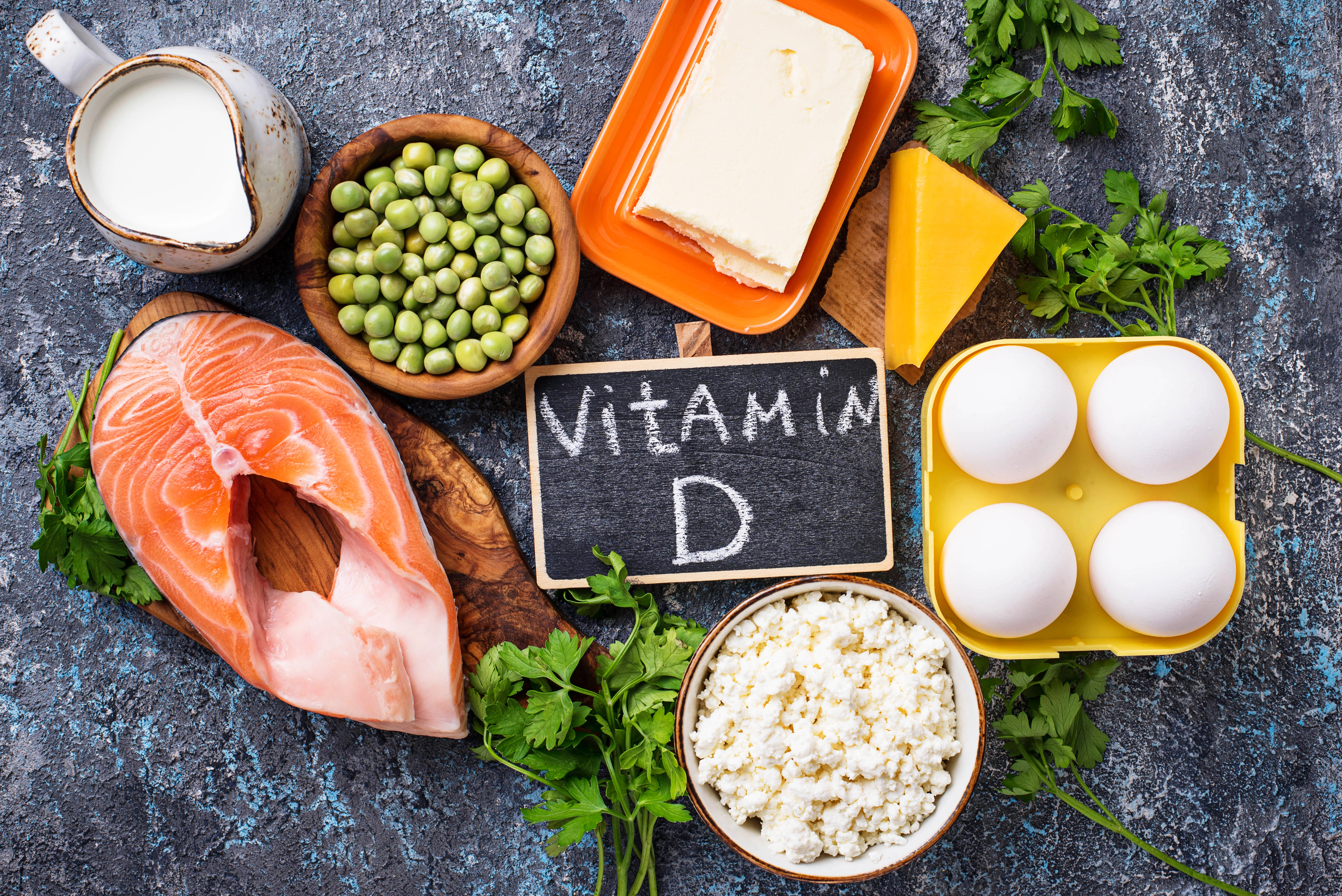
Summary
Many supplements such as cinnamon, vitamin D, magnesium, probiotics, ginseng, other herbs are found to lower blood glucose levels. Remember that every person experiences different results than what is stated in the studies. All this depends on various factors such as supplement quality, duration, as well as individual diabetes status. Several natural supplements can be utilized for managing the issue of diabetes. However, a person must discuss with a doctor before including any supplement or vitamin in a diabetes plan.
Several popular supplements might exert certain negative interactions with diabetes drugs as well as blood sugar. Zinc is one of such well-accepted supplements that might affect glucose levels in a negative way. Give a try to only one new supplement at a time. You also need to keep an eye on the sugar levels often to notice any changes. Doing so helps a patient as well as a doctor in determining the impact.
FAQs:
Can diabetes be reversed with vitamin D?
Research indicated that vitamin D supplementation greatly improves the levels of blood sugar and insulin in diabetic people particularly those who lack this vitamin.
Which supplements are not safe with metformin?
Metformin therapy has been found to reduce vitamin B12, and at times, folic acid too. Individuals on metformin must supplement themselves with vitamin B12 as well as folic acid.
Can a diabetic consume vitamin C?
As per studies, consumption of 500mg of vitamin C two times daily helps people with type 2 diabetes by reducing their raised glucose levels across the day as well as reducing spikes in blood sugar post-meal.
Can diabetics consume vitamins?
According to the ADA, diabetics get no added benefits from consuming a multivitamin in comparison to non-diabetics. Any vitamin or supplement advised for the general public can also be advised for diabetic patients.
References:
Last Updated on by Dr. Damanjit Duggal
Disclaimer
This site provides educational content; however, it is not a substitute for professional medical guidance. Readers should consult their healthcare professional for personalised guidance. We work hard to provide accurate and helpful information. Your well-being is important to us, and we value your feedback. To learn more, visit our editorial policy page for details on our content guidelines and the content creation process.

 English
English











